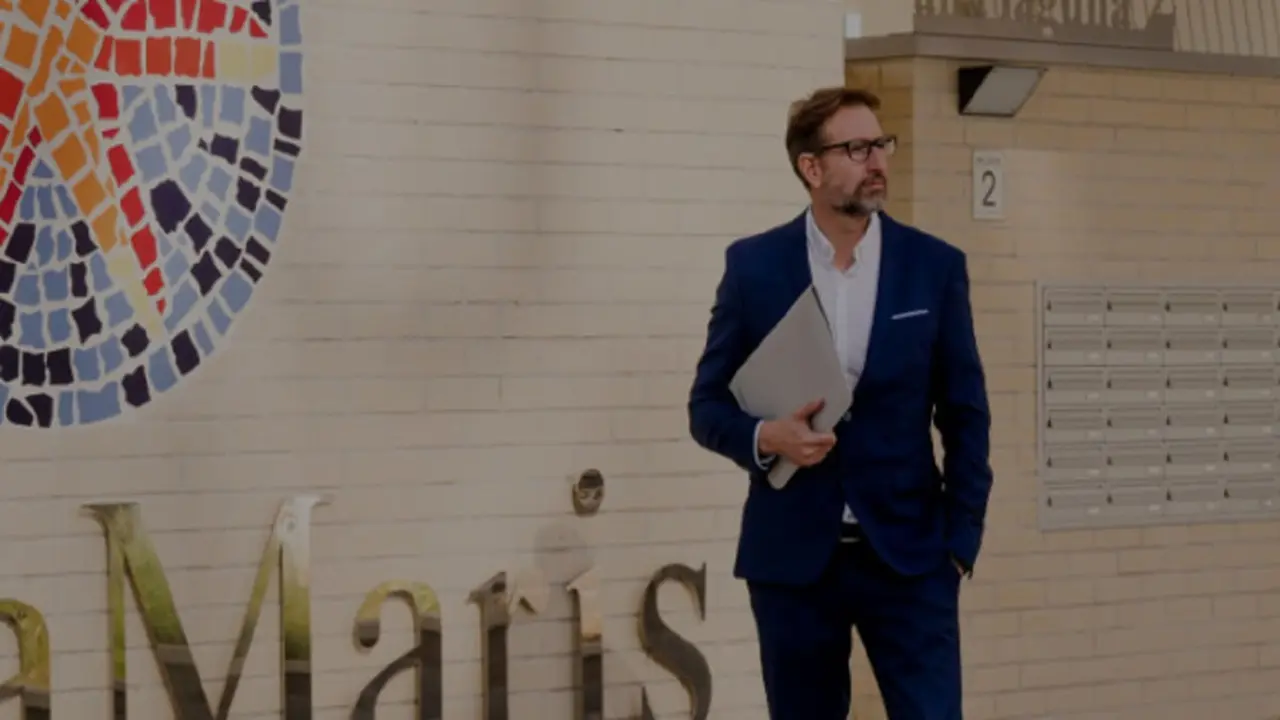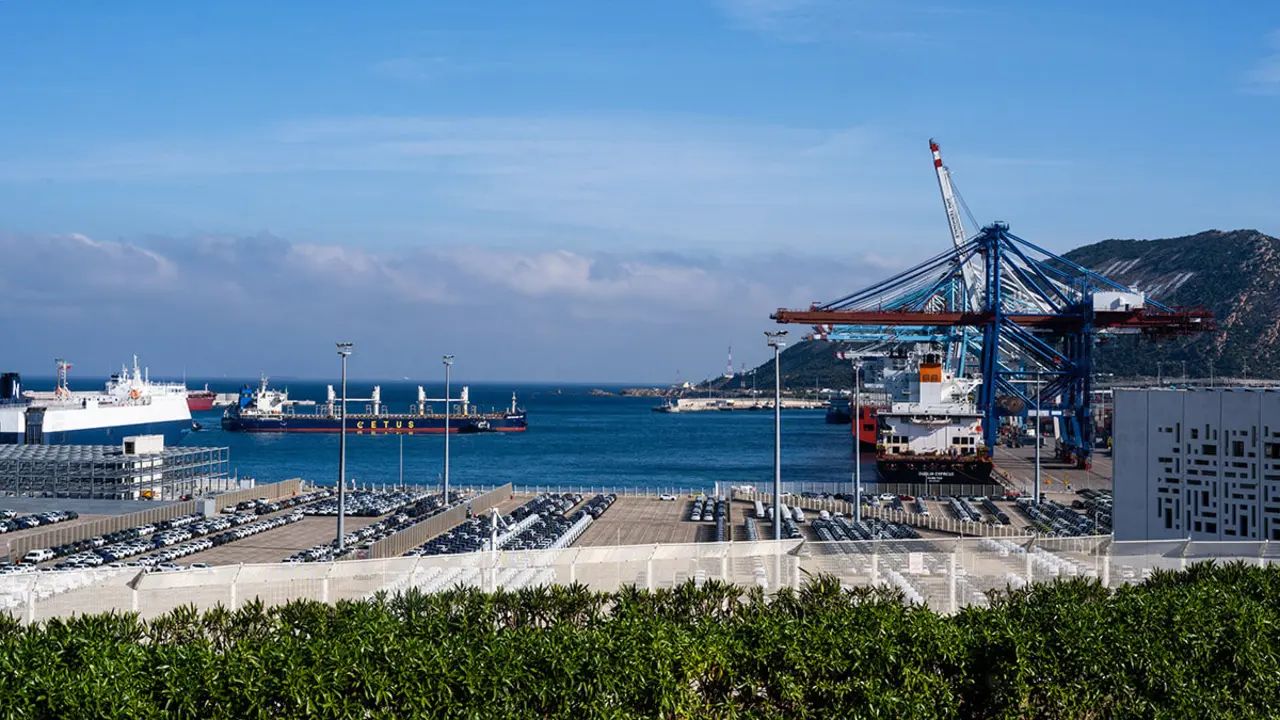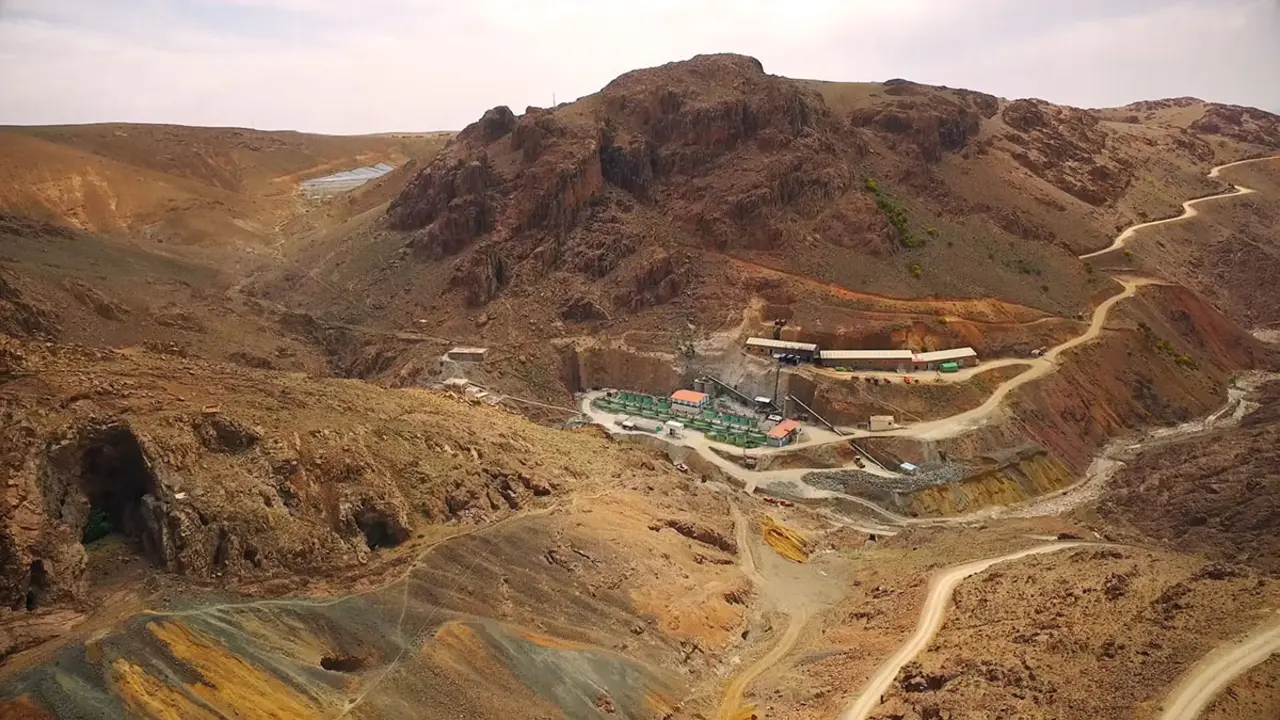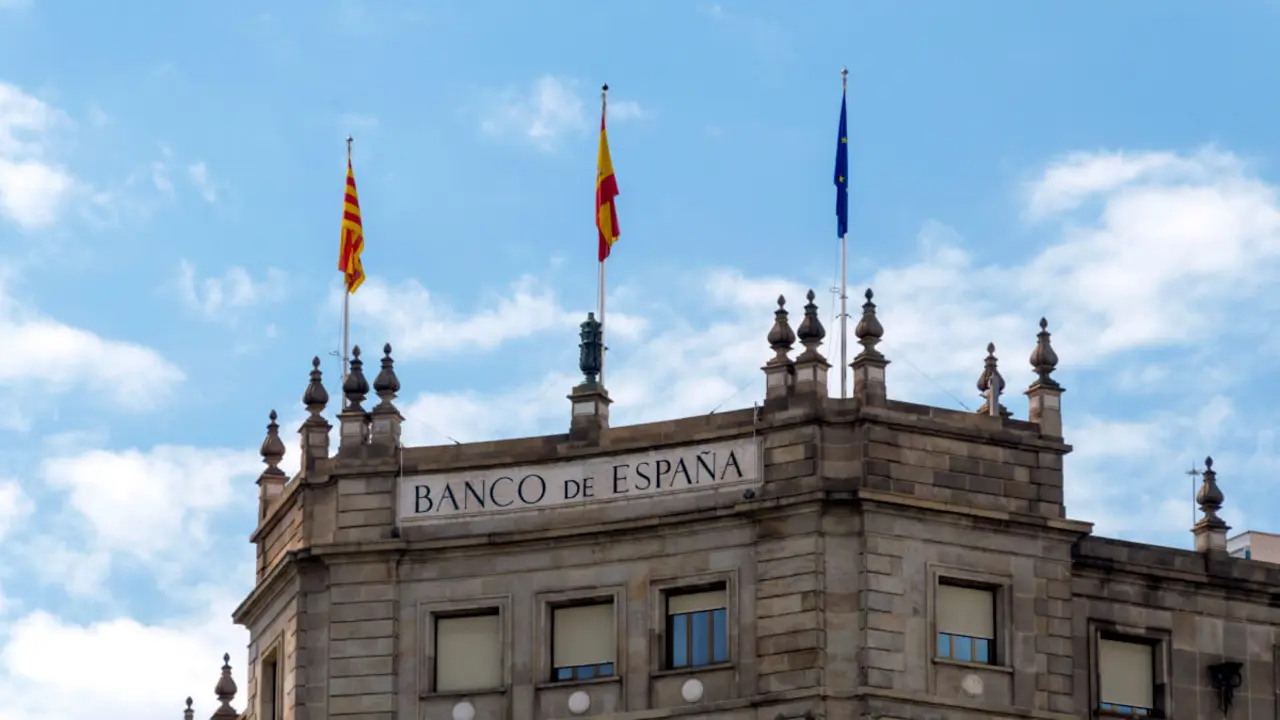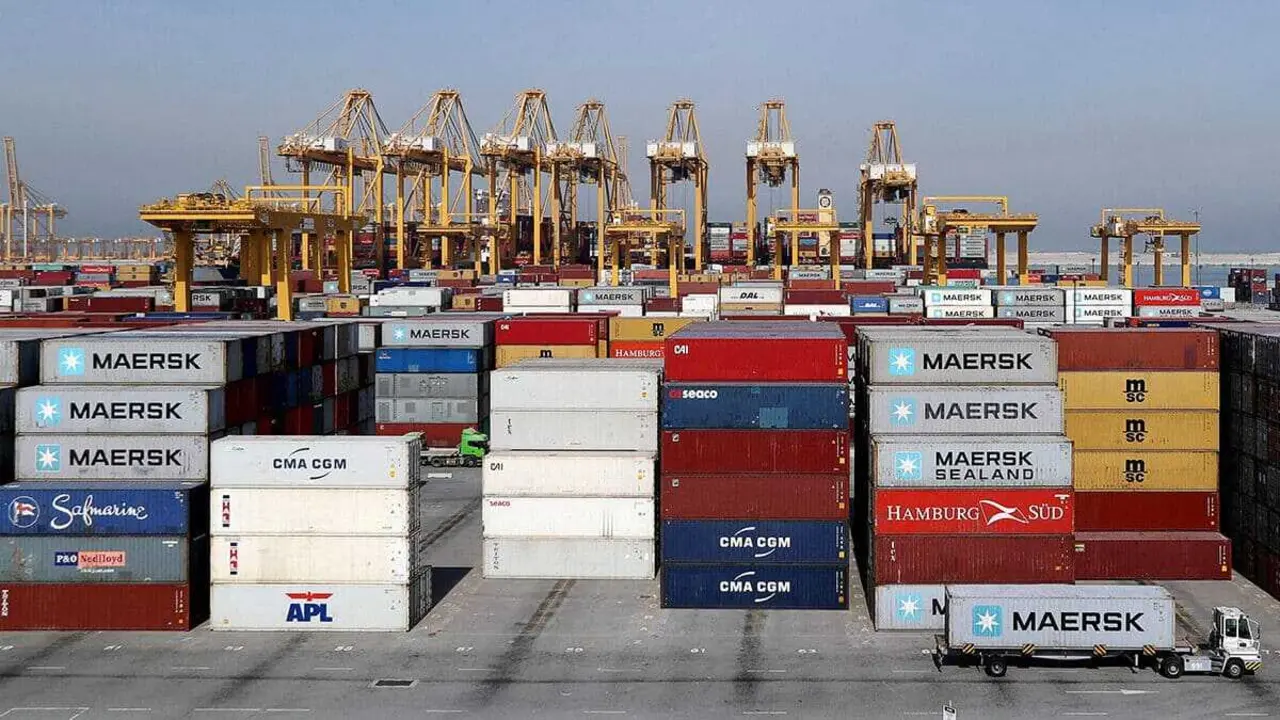"The process of change and redistribution of wealth continues"
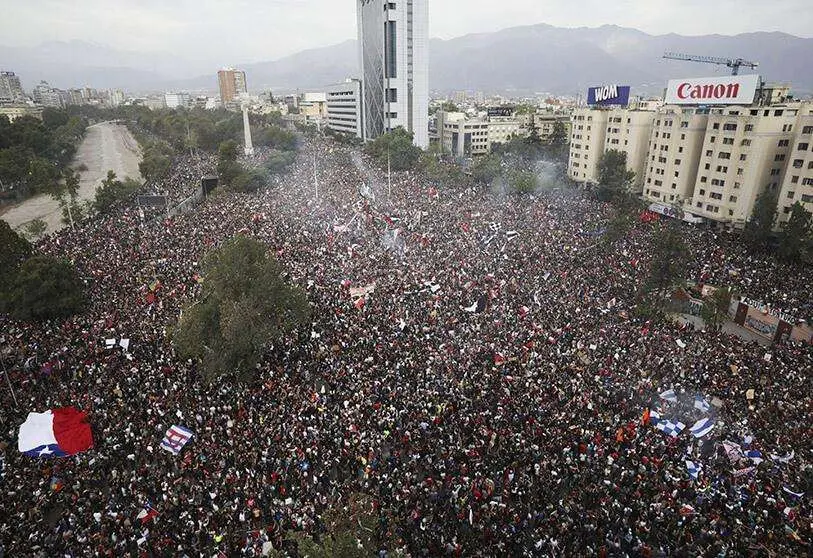
"What is clear is that 80% of Chileans want to continue with the process of change that modifies the institutionality that the country has been dragging along since the dictatorship". This was Ambassador Javier Velasco's first response at the New Economy Forum, where he appeared before a hundred Spanish businessmen and politicians, mostly from Unidas Podemos, to explain President Boric's project.
Introduced by former vice-president Pablo Iglesias, Chile's new diplomatic representative in Spain did not hesitate to acknowledge his status as a political ambassador and, as such, pointed out that 62% of those who voted against the draft of the new Constitution on 4 September were victims of disinformation, hoaxes and false ideas.
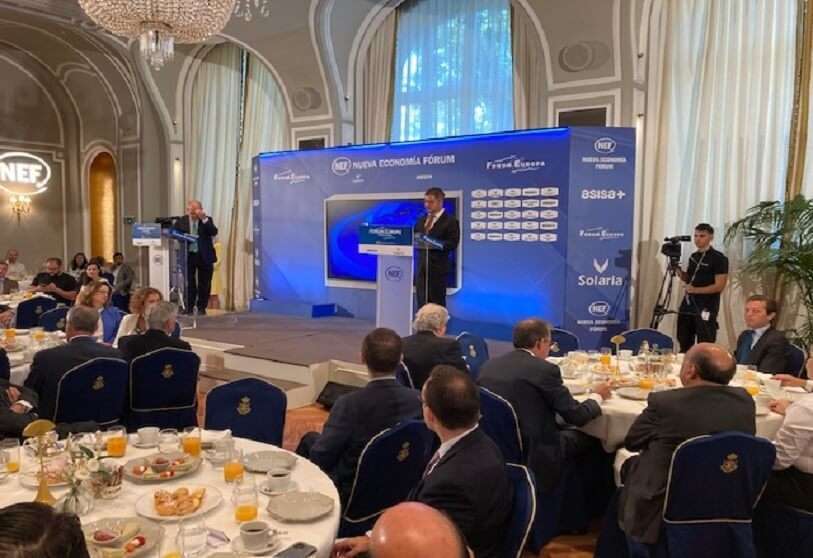
After this jab, the diplomat softened his tone to reassure an audience that included the vast majority of Spanish companies with interests and investments in Chile. "Spain is the third largest investor, behind the United States and Canada, and we want it to continue to be so. And this is because, in addition to the fact that the arrival of their capital is fundamental for us, Spanish companies modify the Chilean business model by bringing us European parameters and standards, in addition to their leadership on such decisive issues as mobility and gender policies", he stated emphatically, before acknowledging that these Spanish companies are established throughout Chilean territory and are perfectly intertwined with the Chilean people.
He announced a true tax revolution, which will entail the application of his well-known motto that "those who have the most will pay the most", and therefore assures that the process of redistribution of wealth is unstoppable, as is the process of productive transformation. According to him, "this redistribution must put an end to the deep inequality, while at the same time bringing Chile closer to the average line of developed OECD countries in terms of taxation".
Lithium and green hydrogen are, in his opinion, the two elements that will radically change the country's production system, but he called for patience so as not to disappoint the hopes of those who have illusions that the changes will be absolute and radical overnight.
After describing Spanish-Chilean relations as "very good, as always", Javier Velasco applauded Spain's role in supporting and sustaining the development of countries such as his own and many others on the continent, "a Latin America of which we want to be a model in order to offer our own, cross-cutting alternatives to an excessively polarised world. Otherwise, Latin America would be condemned to be a mere contemplative spectator".

He acknowledged the great importance for his country of the renewal of the Chile-EU Agreement, which was signed in 2002 by President Lagos and Romano Prodi of the European Commission. "We have proceeded to make some revisions, but I believe we will renew it quickly", before assuring that "Spain is our main partner, both nationally and regionally, and of course, our main link with the European Union. We share Spain's proven will to overcome the dynamics that have led to the North-South divide, and we want to strengthen our strategic alliance in view of the future Spanish presidency of the EU, in which we trust that Europe will pay greater attention to the Latin American continent".
In this strengthened alliance, the ambassador includes advice, dialogue and many bilateral exchanges to implement objectives such as changing the disorder at the borders and illegal immigration for an orderly opening without closing the doors; promoting the universal right to Social Security benefits, "to put an end to a disastrous pension system", and strengthening the presence of women in the institutions, especially in terms of feminist diplomatic policies. All of these issues, according to the ambassador, will be addressed by President Boric and the Spanish Prime Minister, Pedro Sánchez, in their bilateral meeting in New York on the occasion of the United Nations General Assembly.



